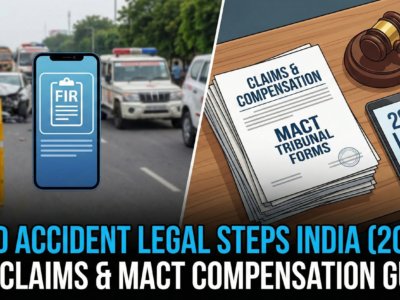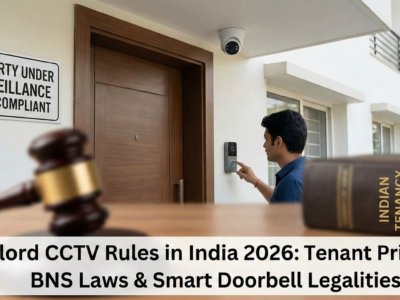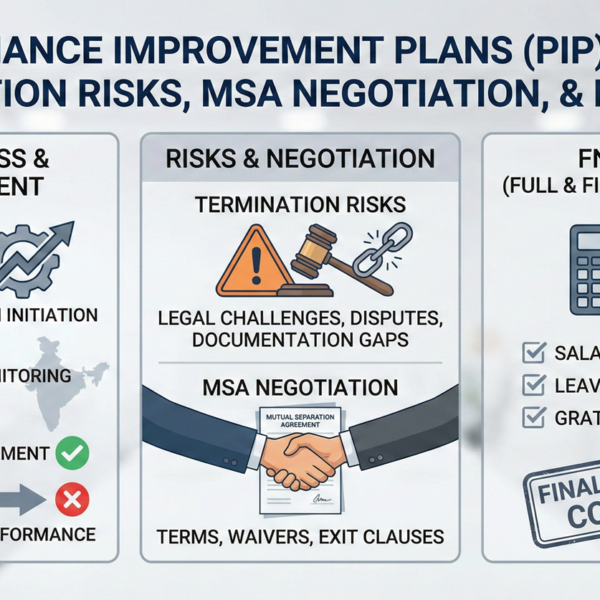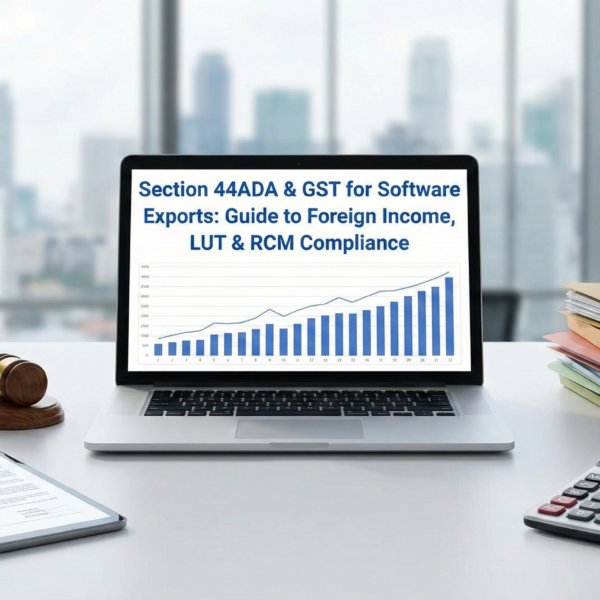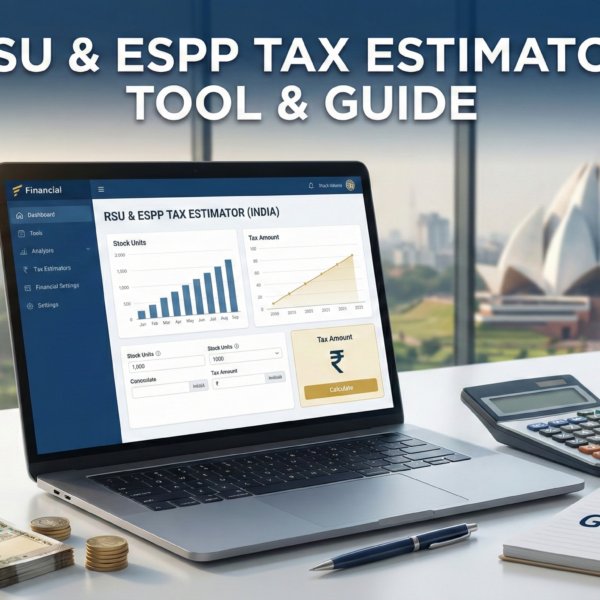Navigating the requirements for an Indian Police Clearance Certificate (PCC) can be confusing, especially when it comes to its validity. Whether you need a PCC for an international visa, a job abroad, or for domestic purposes in India, understanding the rules is crucial. This guide provides a definitive analysis of the entire process. We’ll break down the two different PCC systems, explain the critical difference between official validity and practical acceptance by authorities, and walk you through the application process to help you avoid common pitfalls and rejection.
The Ultimate Guide to Police Clearance Certificate (PCC) Validity
A definitive legal and procedural analysis for domestic and international employment in India.
India's Two-Track PCC System: National vs. State
A primary source of confusion for PCC applicants is the existence of two parallel systems. Understanding this structural divide—one for international use and one for domestic needs—is the first step to a successful application.
National Framework (International Use)
Governed by the Ministry of External Affairs (MEA) and linked to your Indian Passport. This is the only PCC valid for visas, immigration, and overseas jobs. Applications are processed via the Passport Seva portal.
State Framework (Domestic Use)
Managed by State/City Police forces for local needs like tenant verification, domestic jobs, and licenses. A case study is West Bengal's `pcc.wb.gov.in` portal for state residents.
At a Glance: PCC System Comparison
| Feature | MEA/Passport Seva System | State/City Police System |
|---|---|---|
| Primary Purpose | International (Immigration, Employment) | Domestic (Tenant Verification, Local Jobs) |
| Governing Authority | Ministry of External Affairs (MEA) | State Home Dept / Police Force |
| Anchor Document | Indian Passport | Local ID (e.g., Aadhaar Card) |
| Application Portal | `passportindia.gov.in` or `embassy.passportindia.gov.in` | State Police Websites (e.g., `pcc.wb.gov.in`) |
| Interchangeability | No. Invalid for domestic use (overkill). | No. Invalid for international use. |
The Validity Paradox: Official Rule vs. Practical Reality
The concept of PCC validity is a major source of confusion. This is because the official government stance differs from the practical standards enforced by global institutions. The key lies in understanding who gets to decide how long a PCC is valid.
"There is no validity specified for PCC."
- Official FAQ, Passport Seva, Ministry of External Affairs
This official position defines the PCC as a "point-in-time" document. It certifies your record on the date of issue and does not carry an expiry date. However, this legal precision meets a practical reality:
Who Decides a PCC's Validity?
Issuing Body (Govt. of India)
Provides a factual, time-stamped report of your record on the date of issue. Does NOT set an expiry date.
The Requesting Authority
The foreign embassy, employer, or university is the ultimate arbiter. They set the acceptance period (e.g., 6 months) to manage their risk.
The Core Insight: Validity isn't an intrinsic property of the certificate. It's a condition of acceptance imposed by the end-user. The value of a PCC decays over time, and the requesting authority decides how recent it must be to be considered reliable. This is why the de facto global standard has become **six months**.
International Use: Country-Specific Validity Rules
While a six-month rule is a safe bet, many countries have their own specific requirements. Below is an interactive chart and table comparing the policies for key destinations.
PCC Validity Period by Country (in months)
*Saudi Arabia has exempted Indian nationals from PCC requirements for work visas. Canada's rule is for the current country of residence.
Key Country Nuances
| Country | Stated Validity Period | Key Nuances & Exceptions |
|---|---|---|
| Canada | 6 months | Strictly for the applicant's current country of residence. PCCs from past countries of residence are valid as long as they were issued *after* the applicant left that country. |
| Australia | 12 months | More generous than the global standard. The Department of Home Affairs is clear on this 12-month validity. |
| UAE | 3 to 6 months | Requires a mandatory two-step attestation: first by the MEA (India), then by the UAE Embassy in India. Without this, the PCC is invalid. |
| Saudi Arabia | Exempted | Policy change in 2022. No longer required for Indian nationals seeking employment visas, streamlining labor mobility. |
| General/Default | 6 months | The de facto global standard. The safest assumption if no specific guidance is available from the requesting authority. |
Domestic Use: Employment & Tenant Verification
Within India, the State Police-issued PCC is used for pre-employment screening and other local requirements. The validity is determined by the requesting entity, typically falling within a 3 to 6-month window.
A Special Case: Tenant Police Verification
This is a legally mandated process in many cities, often under Section 188 of the Indian Penal Code. It's crucial to understand that this is different from obtaining a portable PCC.
- It is a landlord-initiated process, not a tenant-initiated one.
- The landlord submits a specific tenant verification form to the local police station.
- The "validity" is tied to the specific lease agreement and is not a transferable certificate for the tenant.
- A new verification is required for each new tenancy.
The Application Gauntlet: A Procedural Guide
The PCC application process differs significantly depending on whether you are applying from within India or from abroad. Here’s a breakdown of the typical steps involved in each scenario.
Scenario 1: Applying for an International PCC from within India
Online Application
Register and log in to the Passport Seva portal (`passportindia.gov.in`). Fill out the PCC application form online with details matching your passport exactly.
Payment & Scheduling
Pay the required fee online and schedule an appointment at your nearest Passport Seva Kendra (PSK) or Regional Passport Office (RPO).
PSK/RPO Visit
Visit the PSK/RPO on your appointment date with your original passport and other required documents for verification.
Police Verification
The RPO forwards your application to the police station corresponding to your address. A physical police verification will be conducted at your residence.
PCC Issuance
Upon receiving a "Clear" report from the police, the RPO will issue the PCC. You can collect it in person or may receive it by post.
Scenario 2: Applying for an International PCC from Abroad
Online Application
Log in to the "Passport Seva at Indian Embassies and Consulates" portal (`embassy.passportindia.gov.in`) and fill the form.
Application Center Submission
Submit the printed application form, your passport, and other documents at the designated Indian Embassy/Consulate or its outsourced service provider (e.g., VFS Global, BLS International).
Verification Request Sent to India
The Embassy/Consulate forwards the verification request to the relevant RPO in India, which then sends it to the local police station of your Indian address.
Issuance Abroad
Once the Embassy/Consulate receives the "Clear" police report from India (which can take several weeks), they will issue the PCC. You will be notified to collect it.
Common Pitfalls & Rejection Reasons
Many PCC applications are delayed or rejected due to avoidable errors. Understanding these common pitfalls is crucial for a smooth process.
CRITICAL ERROR: Data Mismatch
Any discrepancy in personal details (name, parents' names, date/place of birth) between your passport and the PCC application form is the **number one reason for rejection**.
Solution: If there's a mismatch, you MUST apply for a re-issue of your passport with the correct details FIRST. Only then should you apply for the PCC.
MISTAKE: Incorrect Address
Providing an address where you no longer reside or where police cannot physically verify your presence will result in an "Adverse" police report, leading to rejection.
Solution: Ensure the address in your application is current and that someone will be present to facilitate the police verification.
OVERSIGHT: Ignoring Attestation
For countries like the UAE, getting the PCC is only half the battle. Forgetting the mandatory MEA and Embassy attestations will render the document useless for visa purposes.
Solution: Research the full end-to-end requirements of your destination country, including any post-issuance legalization steps.
MISCALCULATION: Poor Timing
Applying too early can result in an expired PCC by your submission deadline. Applying too late means you won't have it in time, especially when applying from abroad.
Solution: Use the proactive timeline strategy outlined in the next section to calculate your ideal application window.
Strategic Recommendations for a Smooth Process
Avoid common pitfalls by following these key strategies. Proactive planning and meticulous attention to detail are crucial.
The Proactive Application Timeline
Identify Your Deadline
What is the final date for your visa or job application submission?
Confirm Validity Rules
Check the official website of the requesting authority (e.g., embassy, employer) for their specific PCC validity requirement (e.g., 6 or 12 months).
Factor in Processing Time
Account for the PCC processing time, which can be up to 8 weeks or more, especially if applying from abroad.
Calculate Your Application Window
Work backward from the deadline to find the perfect time to apply. Too early and it might expire; too late and you won't get it in time.
Trust but Verify
Regulations change (like the Saudi exemption). Always verify current requirements directly on the official website of the authority you are applying to.
Ensure Data Integrity
Any mismatch in personal details between your passport and PCC application will lead to rejection. If there's a discrepancy, get your passport re-issued with the correct details first.



